Need Help with Tomato Leaf Curl
Stephen Robinson
7 years ago
Featured Answer
Sort by:Oldest
Comments (28)
Stephen Robinson
7 years agoRelated Professionals
North New Hyde Park Landscape Architects & Landscape Designers · Aurora Landscape Contractors · Rochester Landscape Contractors · Suisun City Landscape Contractors · Aberdeen General Contractors · Dunkirk General Contractors · Elyria General Contractors · Hagerstown General Contractors · New Carrollton General Contractors · Joppatowne General Contractors · Algonquin Decks, Patios & Outdoor Enclosures · Bethany Decks, Patios & Outdoor Enclosures · Marlboro Decks, Patios & Outdoor Enclosures · Shirley Decks, Patios & Outdoor Enclosures · Somerville Decks, Patios & Outdoor EnclosuresStephen Robinson
7 years agoStephen Robinson
7 years agoStephen Robinson
7 years agoStephen Robinson
7 years agoStephen Robinson
7 years agodigdirt2
7 years agojean001a
7 years agolast modified: 7 years agodigdirt2
7 years agoncrealestateguy
7 years agoaruzinsky
7 years agoaruzinsky
7 years agolast modified: 7 years agoncrealestateguy
7 years agoaruzinsky
7 years agodigdirt2
7 years agoStephen Robinson
7 years agoncrealestateguy
7 years agoaruzinsky
7 years agolast modified: 7 years agodigdirt2
7 years agoncrealestateguy
7 years agoaruzinsky
7 years ago
Related Stories

EDIBLE GARDENSSummer Crops: How to Grow Tomatoes
Plant tomato seedlings in spring for one of the best tastes of summer, fresh from your backyard
Full Story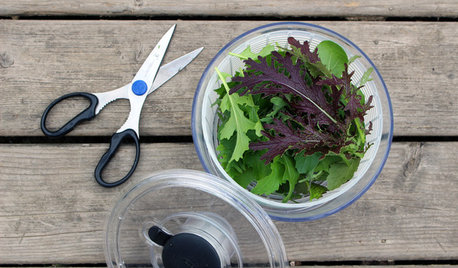
FARM YOUR YARDThe 8 Tools That Help Bring the Farm to Your Table
Vegetable gardeners get a big assist from these essential helpers
Full Story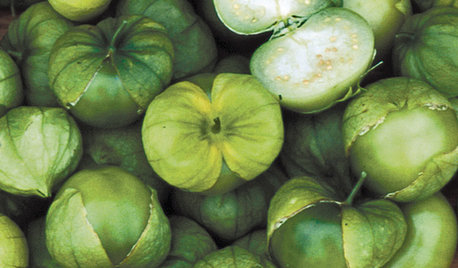
SUMMER FRUITS AND VEGETABLESSummer Crops: How to Grow Tomatillos
Grow this Mexican native for the freshest salsa verde — and for fewer problems than its tomato cousins
Full Story0

GARDENING AND LANDSCAPINGBid Bad Garden Bugs Goodbye and Usher In the Good
Give ants their marching orders and send mosquitoes moseying, while creating a garden that draws pollinators and helpful eaters
Full Story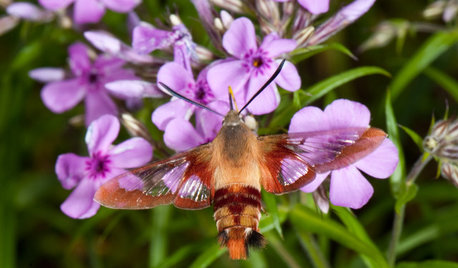
GARDENING GUIDESHummingbird or Moth? See Why You Want Clearwings Around
These fascinating moths may be helpful pollinators for your garden. Here’s how to coax them your way
Full Story
LIVING ROOMSRoom of the Day: Paring Down to Style Up
A designer helps a San Francisco couple bring better order to their living room to highlight their eclectic style
Full Story
GARDENING GUIDESHow to Keep Your Citrus Trees Well Fed and Healthy
Ripe for some citrus fertilizer know-how? This mini guide will help your lemon, orange and grapefruit trees flourish
Full Story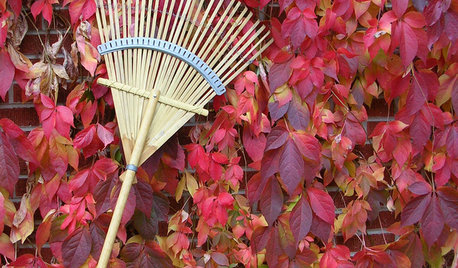
GARDENING GUIDESYour November Garden Checklist
What to do around the U.S. this month to help your garden thrive — when you're not admiring fall's brilliant colors, that is
Full Story
DECORATING GUIDESDecorating 101: Do It Yourself or Hire a Pro?
Learn the advantages and disadvantages of decorating alone and bringing in skilled help
Full Story
KITCHEN DESIGN8 Kitchen Organizing Ideas for Messy Cooks
Not the clean-as-you-go type? Not to worry. These strategies will help keep your kitchen looking tidy no matter what your cooking style is
Full Story





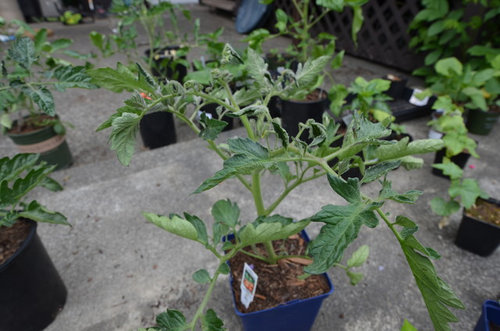
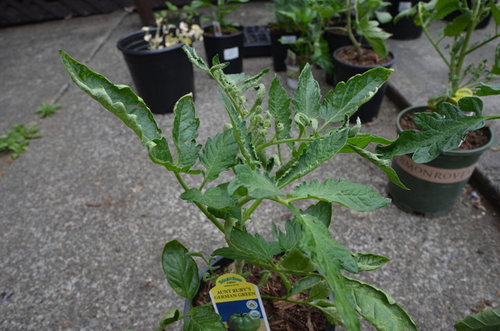


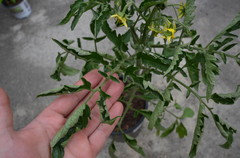
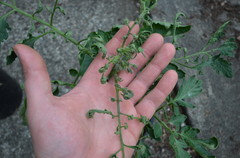



theforgottenone1013 (SE MI zone 5b/6a)